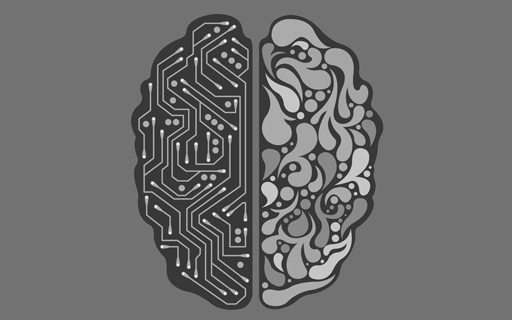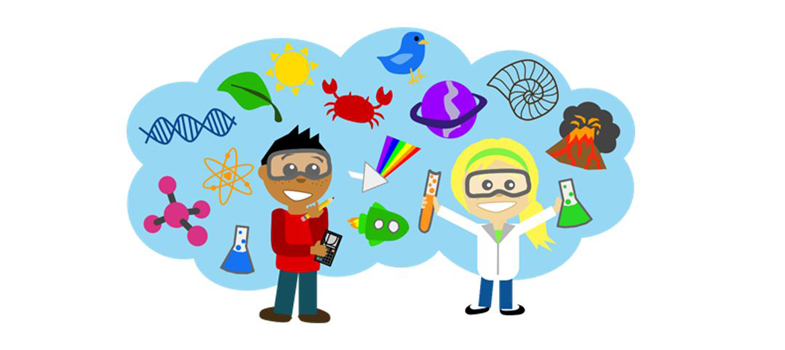2.2 Introduction to unconscious bias – basic concepts
Definition:
Unconscious bias is a term used to describe the associations that we hold, which, despite being outside our conscious awareness, can have a significant influence on our attitudes and behaviour. Regardless of how fair minded we believe ourselves to be, most people have some degree of unconscious bias. This means that we automatically respond to others (e.g. men and women, people from different racial or ethnic groups) in different ways. These associations are difficult to override, regardless of whether we recognise them to be wrong, because they are deeply ingrained into our thinking and emotions. Unconscious bias refers to a bias that we are unaware of and which happens outside of our control. It is a bias that happens automatically and is triggered by our brain making quick judgments and assessments of people and situations, influenced by our background, cultural environment and personal experiences.
Not all bias is unconscious. Unconscious bias is defined as different from intentional or conscious bias, such as racism, sexism or homophobia. One of the key aspects of unconscious bias is that these biases can and often do run counter or opposite to the stated values of an individual. In this way, unconscious bias can help explain how people who value and support gender equality can still be involved in biased decisions or actions.

2.1 Background
